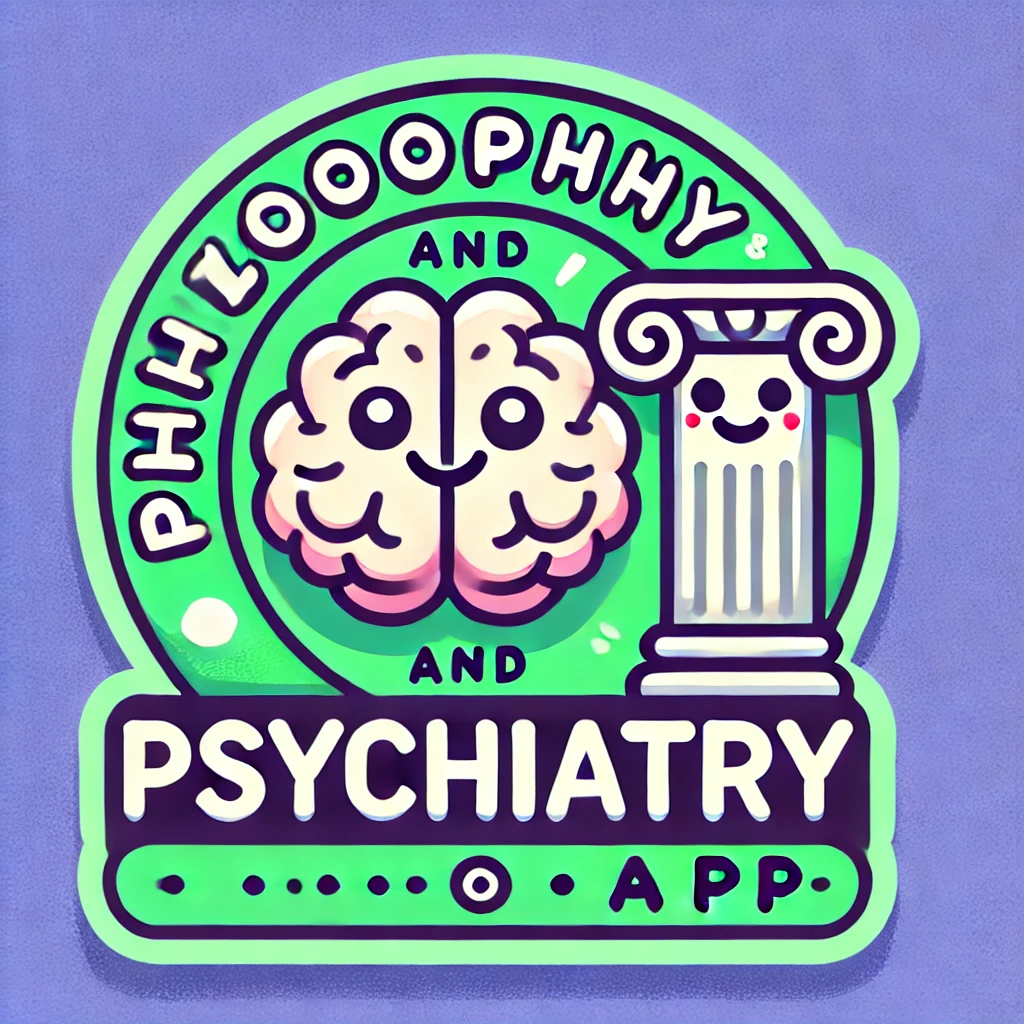What Is the Philosophy of Mental Illness?
Mental illness is not just a medical issue — it’s also a philosophical one. Beneath every diagnosis are deeper questions about the mind, the self, and what it means to suffer.
That’s where the philosophy of mental illness comes in.
This field sits at the intersection of psychiatry, psychology, and philosophy. It helps us think critically about how we define mental disorders, how we treat them, and how we understand the people who live with them.

Are you a clinic owner? Check the Best Mental Health Marketing Agencies in 2026
Why Definitions Matter
Is depression a brain disease, a moral struggle, or a natural reaction to suffering?
The answer depends on your view of the mind — and that view shapes everything from diagnosis to treatment to public policy.
Philosophy helps unpack these definitions by asking questions like:
- What makes a behavior or emotion “disordered”?
- Who gets to decide what counts as normal?
- How do cultural values shape psychiatric categories?
These are not abstract questions — they influence real lives, real stigma, and real care.
Read: How Philosophy Helps Us Understand Schizophrenia
Beyond Biology: The Role of Meaning
Biological models explain a lot about mental illness — genetics, brain chemistry, and trauma all matter.
But philosophy reminds us that experience matters too.
- What does it feel like to live with a diagnosis?
- How do people make sense of their distress?
- What role do identity, narrative, and meaning play in healing?
The philosophy of psychiatry challenges us to view patients not just as clusters of symptoms, but as people with stories, beliefs, and unique ways of experiencing the world.
Read: Mental Health Digital Marketing: Reaching and Helping More Patients
Values in Psychiatric Diagnosis
One of the most important insights from this field is that psychiatric diagnosis is never value-free.
Whether we label someone as mentally ill depends on judgments about:
- Harm and dysfunction
- Autonomy and control
- Social norms and expectations
Philosophy helps bring these hidden assumptions to light — so we can make diagnosis more thoughtful, transparent, and just.
Check Why the Mind Needs Both Medicine and Meaning
Why This Matters Now
In an era of rapid psychiatric expansion — from new DSM categories to algorithmic assessments — we need more than science. We need reflection.
The philosophy of mental illness invites us to slow down, ask better questions, and approach care with clarity and compassion.
At PhilosophyAndPsychiatry.org, we believe these conversations are essential to the future of mental health.
Go To PhilosophyAndPsychiatry
